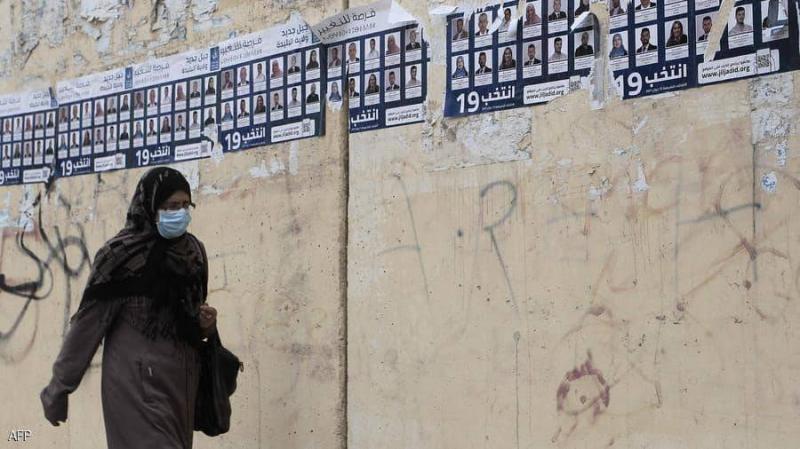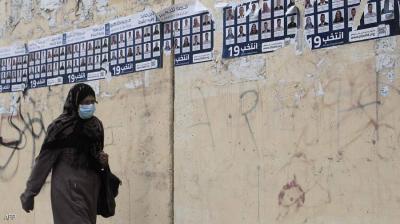The electoral campaign in Algeria enters the silence phase on Tuesday, lasting until June 12, when polling stations open for voters. The streets of Algiers appear normal, whereas this day generally sees heightened competition among candidates during previous elections. The campaign has come to a halt amidst a general consensus describing the political scene as cold, overshadowed by citizens' indifference towards politics and its concerns.
This discontent is explicitly expressed in the streets of Algiers, especially in the faces of ordinary people. One sanitation worker we spoke to in one of Algiers' main streets, while cleaning the area where candidate posters have been set up, answered our question about whether he would vote and what changes he expects: "Voting is a duty and a right, but I don't feel that the parliament will change anything in my life." The man showed no interest in politics, wishing only for an improvement in his living conditions and to attain a higher position in a job often viewed disparagingly by society, especially since a sanitation worker's salary barely exceeds $100 a month.
His situation reflects that of hundreds of Algerians who dream of lower food prices and an end to the dangerous illegal migration that takes dozens of young people into the unknown every day. As we approach the Central Post Office, an important landmark of the popular movement that ousted the Bouteflika regime in 2019, the number of passersby increases among candidate images scattered everywhere, yet very few take a moment to stop in front of them.
It seems challenging to find an Algerian expressing optimism about the elections, even though there is a somewhat widespread agreement on the necessity of going to the polls to prevent what the authorities describe as threats to the country's security and stability. Meanwhile, we notice a group of youths, their faces suggesting they are in their twenties and possibly voting for the first time in their lives. We ask them the basic question, "What do you notice today, and why did you stop in front of the candidate images?"
One of them quickly answers, "We are university students, just out of our second semester exams, and these are pictures of candidates we know nothing about and haven't heard from." A first-year law student at the University of Algiers shares, "I've never voted in my life, and to be honest, I really want to exercise this right." He added, "I feel like I have become a man and responsible for my country. I couldn't vote in the 2019 presidential elections, nor in the November 2020 constitutional referendum, and I won't miss this opportunity."
Another young man interjects, "Who will you vote for? We young people know that in the end, no one will care about us; these candidates only think of their interests." Heading to the historic neighborhoods of Algiers, particularly Hydra and Sidi Yahia Street, we find ourselves close to several prominent political parties, such as the National Liberation Front and the Movement for a Peaceful Society. The atmosphere is livelier, but it carries the same sentiment regarding politics, as people focus on various issues, with football being the primary interest.
Yesterday, screens were set up to showcase the last football match between the national team and the Malian team, in which the team led by coach Djamel Belmadi set a new record of 26 consecutive matches without defeat. Algeria covers more than 2 million square kilometers, making it the largest African country by area, with a population of about 45 million people, 80% of whom are youth.
While a single stroll through the streets of Algeria cannot summarize the overall positions of Algerians regarding the elections, pressing demands emerge prominently, notably for jobs, given that the unemployment rate in the country hovers around 18%.




